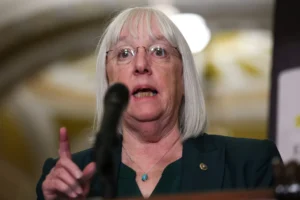The Minister of State for Health, Dr. Iziaq Adekunle Salako, has reaffirmed the Bola Tinubu-led administration’s commitment to addressing the mass migration of health professionals, commonly referred to as ‘Japa Syndrome,’ through policy reforms and economic interventions.
Speaking during a working visit to the University of Benin Teaching Hospital (UBTH) on Monday, Salako acknowledged that the exodus of medical personnel is primarily driven by economic factors but assured that the government is taking steps to reverse the trend.
“The challenge of ‘Japa’ in the health sector is primarily an economic one, and we are committed to tackling it. However, economic challenges extend beyond the health sector. I believe that the trend of ‘Japa’ will eventually be reversed,” he said.
Salako highlighted that healthcare workers remain among the highest-paid public servants in Nigeria, underscoring the government’s commitment to their welfare. However, he admitted that salary increases alone would not fully resolve their concerns.
Meanwhile, UBTH’s Chief Medical Director, Prof. Darlington Obaseki, urged the federal government to urgently address the shortage of skilled healthcare professionals. He revealed that with only 250 consultants, 300 resident doctors, and 750 nurses, the hospital is struggling to meet the demands of over 500 daily patients.



























